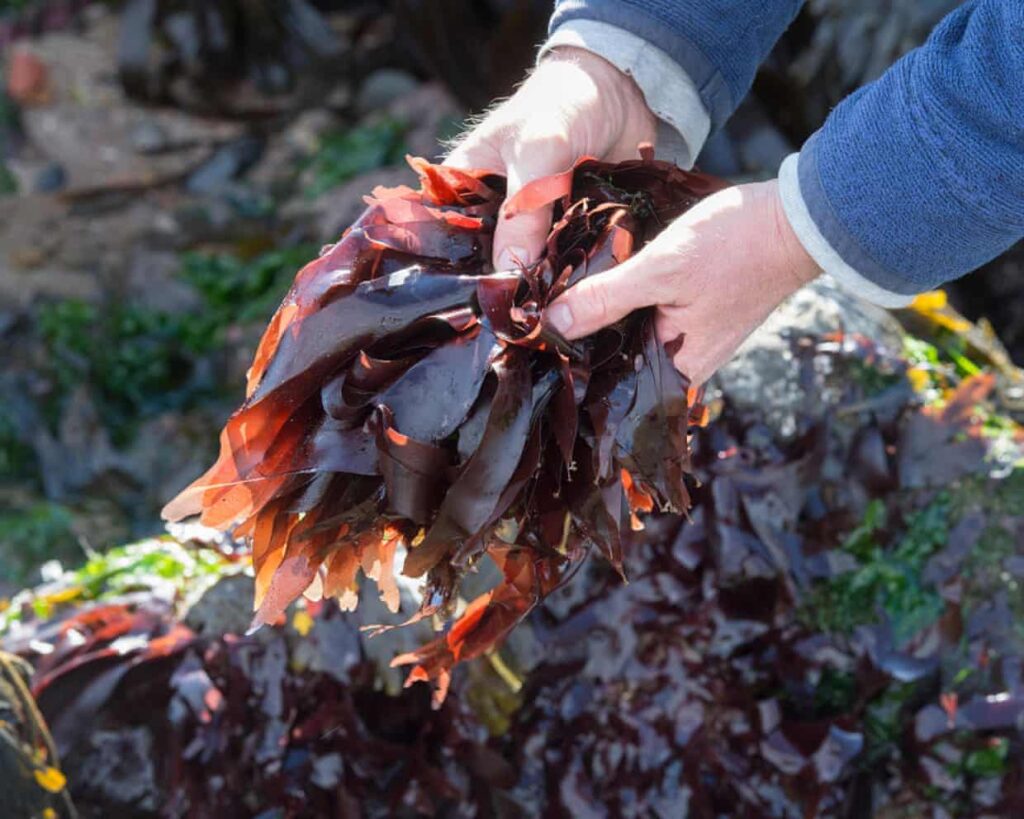
The modern diet is heavily reliant on a limited number of plant species, with approximately 50% of the world’s daily calorie intake coming from just three staples: wheat, corn, and rice. In contrast, a personal initiative in Scotland underscores the benefits of incorporating a broader variety of wild plants into our diets. During a year-long experiment starting in 2020, the author foraged exclusively for wild food, consuming an impressive 300 plant species, 21 seaweed species, and 87 types of mushroom. This experience highlights the nutritional diversity that can be achieved through foraging.
The significance of diversifying our plant intake cannot be understated. While commercially produced foods can provide essential calories, they often lack the wide array of micronutrients, antioxidants, and flavonoids that contribute to overall health. These compounds are vital for combating inflammation and reducing the risks associated with many chronic diseases prevalent in modern societies.
Research Findings on Wild Foods
Recent research conducted by the Wildbiome Project examined the effects of consuming exclusively wild foods. The study involved 120 participants who adhered to this diet for periods of either one or three months in the years 2023 and 2025. The results, which will be published in an open-source, peer-reviewed journal, revealed unexpected improvements in various health metrics among participants. These findings suggest that reintroducing a variety of wild plants into our diets could offer significant health benefits.
The challenge many face in identifying a wide range of edible plants reflects a broader issue of disconnection from the natural world. This decline in familiarity extends beyond plants to include trees, birds, butterflies, and insects. As people become less aware of the biodiversity around them, there is a corresponding loss of knowledge that can lead to species decline and extinction.
Mo Wilde, principal researcher at the Wildbiome Project, emphasizes the importance of recognizing and naming plant species. “The inability to name fruit and vegetable species is a reflection of a wider general decline in familiarity with the natural world,” he stated. This loss of awareness can have dire consequences, both for ecosystems and for human health.
The experience of foraging not only reconnects individuals with their environment but also promotes a healthier lifestyle. By embracing the diversity of wild foods, individuals can enhance their diets, potentially leading to improved health outcomes. As society increasingly relies on a narrow selection of food sources, initiatives that encourage exploration and consumption of wild plants may play a crucial role in promoting both environmental awareness and personal well-being.
In a world where food choices are often limited by convenience and availability, the lessons drawn from foraging could inspire a renewed appreciation for the natural bounty that surrounds us. As more individuals explore the potential of wild foods, the hope is that a richer understanding of our environment will emerge, alongside tangible health benefits.






